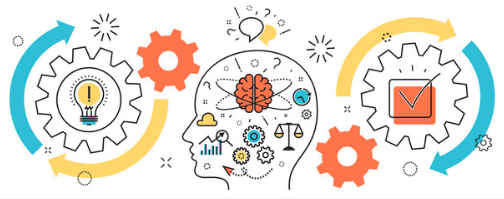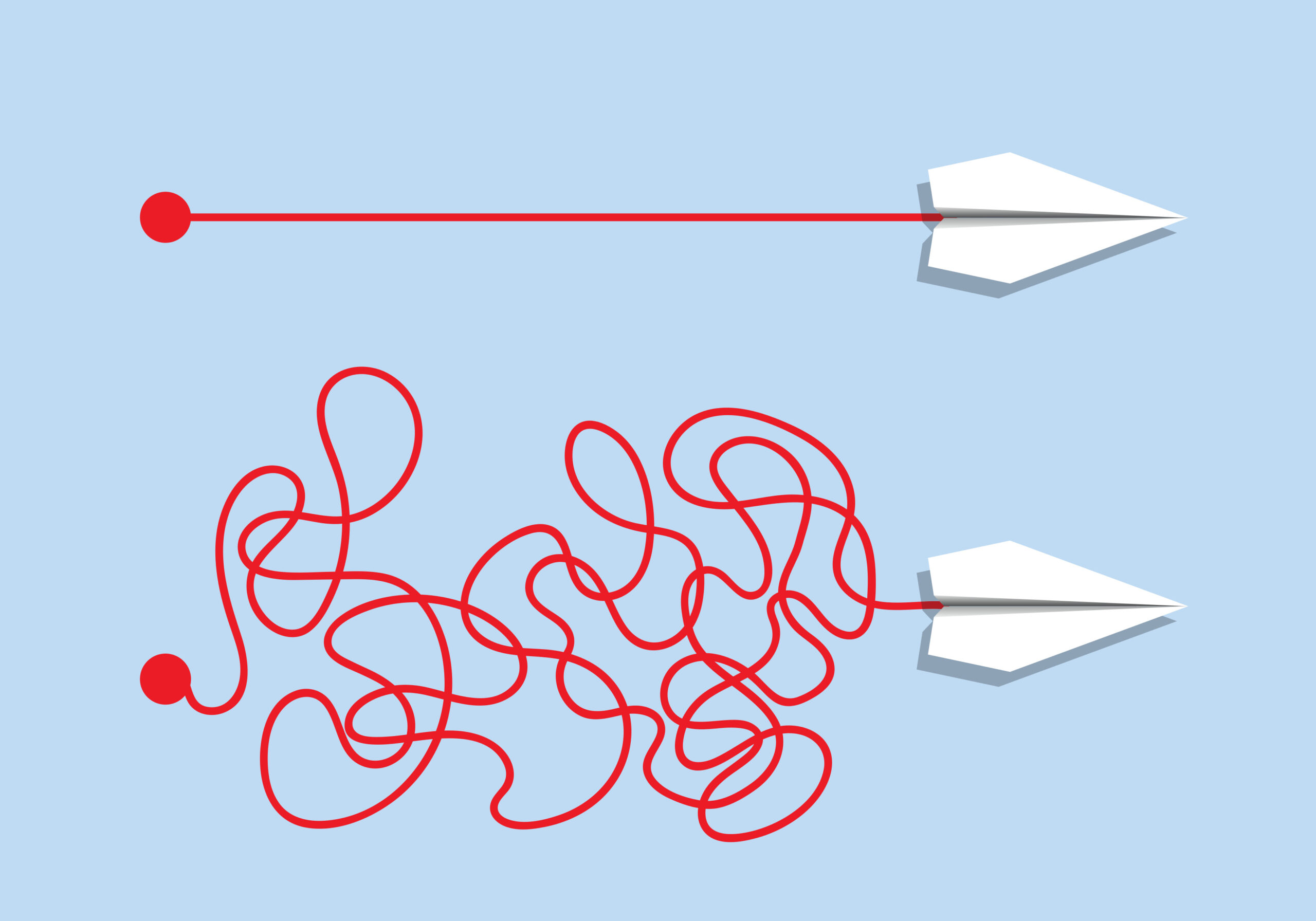Why Simplicity Always Wins
Our world today is a minefield of complicatedness. Business is complicated, technology is complicated, disruption is complicated, your clients are complicated, and their problems are complicated. But that doesn’t mean your message should be complicated.
You’re the fixer. You’re the solution. So you need to be clear about how you solve the complicated. If you add to the complicatedness, you will lose.
We know this – of course – on a visceral level, but then we start talking about our services and offerings, and in our desire to communicate every single spectacular feature or service we offer… we complicate our message. And as a result, people tune us out. As my friend and fellow branding expert Beth Hayden says, “a confused shopper never buys.”
But I wanted to really understand this more, so I did some research. It turns out, we’re actually biologically wired to dismiss confusion. Did you know?
Wired for Simplicity
Donald Miller, author of Building A StoryBrand talks about how we’re designed for clarity. Our brains are more or less the same as they were 200,000 years ago, and back then, our brain’s primary role was to keep us alive. It filtered in information relevant to our survival or thrival, because that was valuable. And it filtered out anything else. Distractions were simply too expensive to explore; you might lose sight of the saber-toothed tiger sneaking up on your left. So your brain filtered them out.

Fast forward to today. As I said: our brains haven’t changed much. If you are trying to engage your business prospect and your message isn’t about how your offering helps them survive or thrive, their brain will dismiss it. In other words, if:
- the first thing you tell a prospect is all the services you provide & what area you service;
- the first thing on your website is a list of all your awards and client testimonials;
- your company brochure talks to all the various industries you’re in and your latest client wins:
You haven’t told them how you will help them survive or thrive. So all that information is being filtered out.
But there’s more. As I said, the brain’s primary role is to keep us alive… but it is also the body’s biggest energy hog, consuming a full 20% of your metabolic caloric resting rate. It is constantly in tension with itself, evaluating if the incoming information is worth the processing power.

If your message is too complicated, your brain says, “this is taking too many resources to process. I can’t determine if this will help me survive or thrive. I’m going to conserve calories.” and turns itself off. You’ve experienced this if you’ve ever woken up from a boring meeting or fallen asleep in a university lecture. Tiredness has little to do with it; your brain is literally conserving processing power.
Be Simple for Your Ego’s Sake
But let me come at simplicity from another angle: your ego.

Most of us – at some time or another – have “doctored up” texts to appear smarter. (This was me with pretty much every term paper in college.) In a recent study of Stanford grad students, a full 85% of them admitted to doctoring up texts to lend credibility, or come off as more of an expert. There’s logic, there: bigger words are complicated and impressive; I will appear impressive to the reader if I use them.
Except the inverse is true.
A 2006 psychology study explored the link between complicated language and a writer’s perceived intelligence. In this study, participants were shown a variety of texts in increasing complexity, beginning with something simple:
“the house I grew up in was red” and graduating to something overly complicated:
“the domicile I resided in from infancy through maturity was crimson in tone.”
In all of the texts, regardless of content, participants ranked the intelligence of authors with the simplest prose the highest. The more complicated the texts, the lower the intelligence ranking.
So if you want to appear smart, use simple language.
If you want to make sure your customer understands your offering: make it simple.
If you want to engage your customers, show how you help them survive or thrive.
A confused customer never buys.
Stay simple, my friends.
P.S. – Need help simplifying your messaging? Connect with us and let us help make you magnetic to the people who matter to your success.



